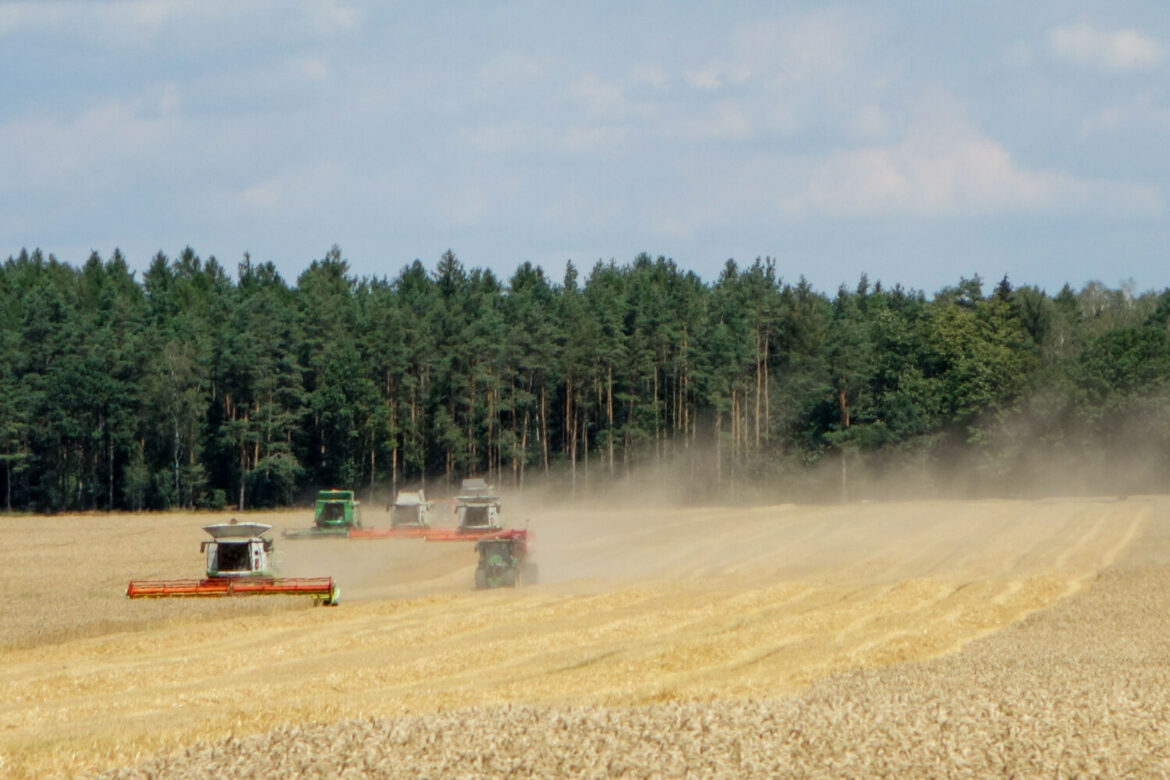The effects of the war in Russia and Ukraine contributed to the fact that the two poorest countries in the world, Sri Lanka and Pakistan, have fallen in a real crisis. Long-term social unrest over mismanagement has erupted in both countries, but the number of other countries in the danger zone is two-digit.
Charlie Robertson, chief economist of Renaissance Capital says that the energy shock certainly contributes to the political uncertainty in Sri Lanka and Pakistan. The expert emphasized that this is also a key factor for Egypt and Ghana, and in his opinion, this impact may affect more countries – for example, Jordan and Morocco.
Turkey, Tunisia, Egypt, Ghana, Kenya and other countries that import most of their oil and gas, as well as basic foodstuffs, will be also under severe pressure.
Rising import costs and spending on everyday products have already convinced Cairo to devalue its currency by 15% and to seek help from the International Monetary Fund (IMF). Tunisia and long-reluctant Sri Lanka also turned for help. Ghana, which remains reluctant to the Fund, is seeing its currency weaken, and Pakistan already benefiting from 22 IMF programs, will almost certainly need more programs.
IMF Managing Director Kristalina Georgieva warned that the war in Ukraine meant famine in Africa. The World Bank also informed that a dozen of the world’s poorest countries may not meet their obligations within the next year, which would be the largest wave of debt crises in developing economies for many generations.
The situation is exacerbated by rising food prices. Because Ukraine and Russia account for 29% of global wheat exports and 19 % of corn exports, the prices of these products have increased this year by another 25%- 30%.
Egypt buys over 60% of its wheat abroad, mainly from Russia and Ukraine. After devaluing the currency and appealing to the IMF, the government of President Abdel Fattah al-Sisi has just set bread prices to limit rising food costs.
“For many countries, these increases (in energy and food prices) will have repercussions on budgets, subsidies, and political and social stability”, says Viktor Szabo, a portfolio manager of emerging markets in London.
“If prices are not controlled, there can be unrest, like during the Arab Spring when the food prices played their role there,” Szabo warned.
Arkadiusz Słomczyński order





